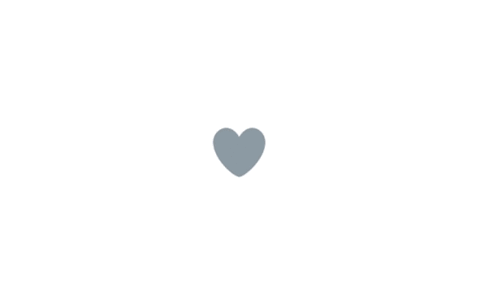Twitter’s like button — the heart at the bottom of a Tweet — is one of the most enduring and popular parts of the Twitter experience. So it took some by surprise to see a story published earlier today claiming that Twitter would “soon” be removing the feature.
Not so soon, it seems. Twitter today said that while it’s been “considering” a move to remove the “Like” button for a while now, there is no timeline for the move, and it is not happening in the near future.
“As we’ve been saying for a while, we are rethinking everything about the service to ensure we are incentivizing healthy conversation, that includes the like button,” the Twitter Comms account noted. “We are in the early stages of the work and have no plans to share right now.”
What’s the backstory here? Twitter’s heart button — which controversially replaced a star back in 2015 — gets used by millions as a quick way of sending an acknowledgement of what someone else has written, without the full force of a re-tweet. It also can be a way to help you track things you found interesting but are otherwise likely to forget.
But nothing is sacred on social media, and so it seems that even the simple heart has become subject to abuse. As with any Tweet, one that is harassing or harmful, or that might contain incendiary content, will go viral when it gets Re-Tweeted. But a large amount of people — or, perhaps just as likely on Twitter, bots — liking it can also help push it along in Twitter’s algorithms, where it gets surfaced in lists and in people’s timelines because of its popularity. When a Tweet might have a nefarious intention, hearts can lead to heartbreak.

In the meantime, the company has been expanding options it gives users to save Tweets that are less ‘social’, such as the creation of Bookmarks, which are private to the user creating them.
Removing ways of responding to Tweets seems anathema to the idea of a conversational platform, although there are many options for what Twitter might consider before removing the heart (or whatever shape its fave/like takes) altogether: they could include a variety of responses similar to Facebook’s, or changing how a like affects a Tweet’s position in Twitter’s wider algorithms.
Twitter’s move to reconsider the like button and what it does isn’t ridiculous in that context, although abandoning it abruptly would be odd, and potentially controversial in itself. Or perhaps not: the company’s stock is up nearly four percent in trading this morning.
from www.tech-life.in












No comments:
Post a Comment